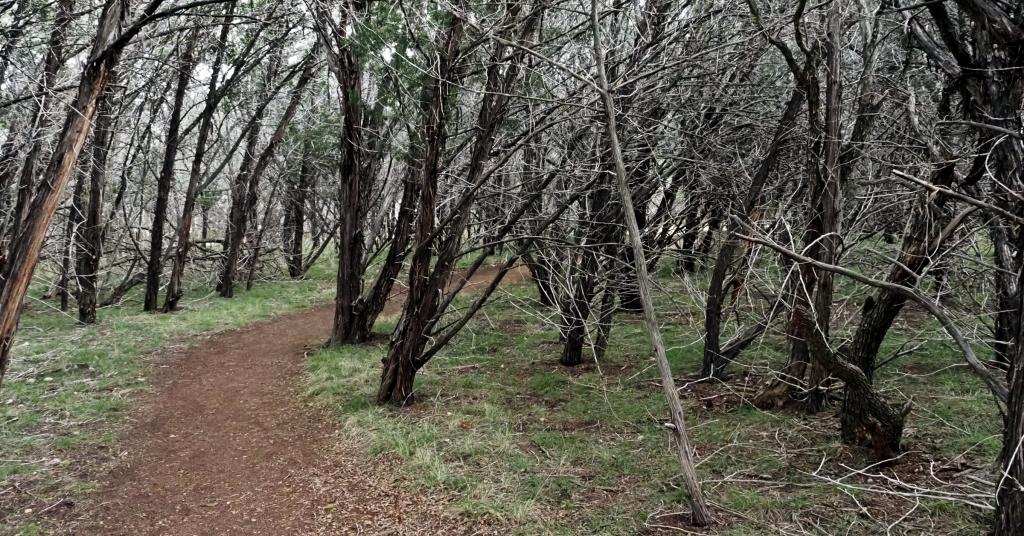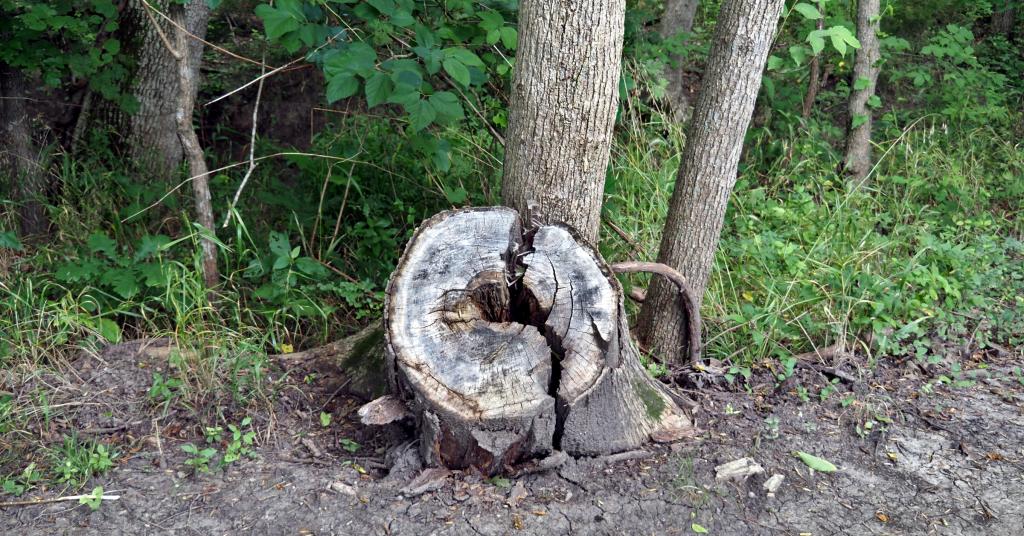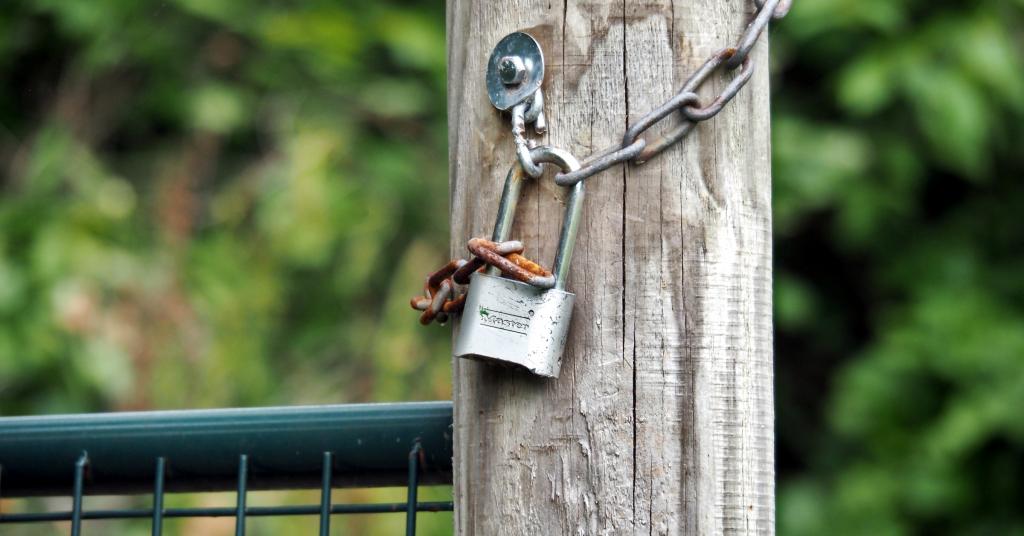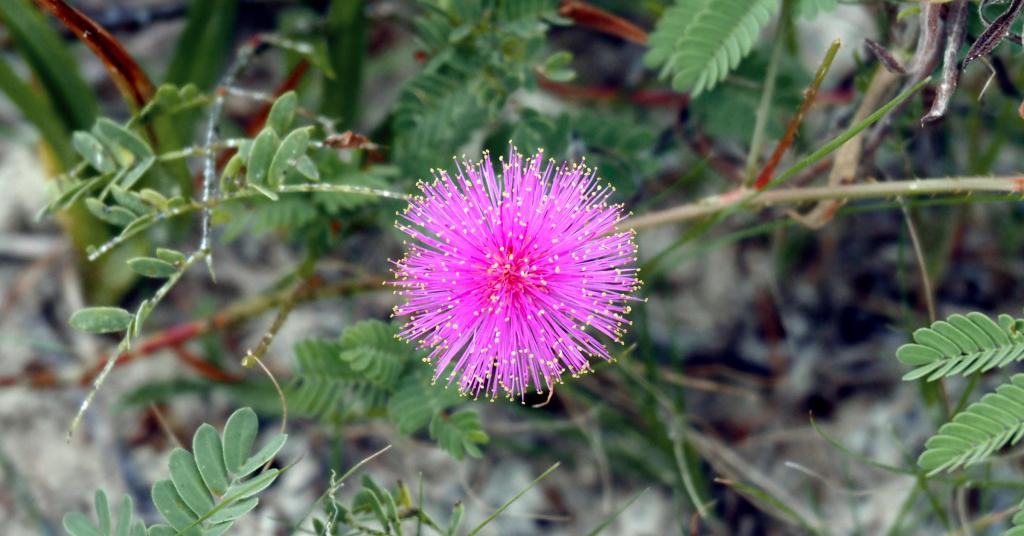Why do bad things happen to good people? Why do bad things happen to any people? Most importantly, why do bad things happen to me?
Implicit in the “why?” is the assumption that something’s wrong – things shouldn’t be this way. If we only understood why we could do something to eliminate it. And if we couldn’t eliminate it, at least we could find meaning in it – we could understand that our suffering serves a greater purpose.
Different religions have different ideas about why suffering exists. Christianity says it’s because of sin. Buddhism says it’s because of desire. Those ideas have both strengths and weaknesses, but they’re not what I want to talk about in this post.
What I want to talk about here is a particularly insidious idea I see floating around the New Age community – it occasionally makes its way into Paganism. That’s the idea that whatever happens, no matter how bad it is, “you signed up for this.”
Dharmic concepts taken out of context
Hinduism and Buddhism teach the concept of karma – the idea that actions in this life impact our conditions in future lives. That’s what you get when you combine cause and effect with a belief in reincarnation. So far so good.
But when you take karma and reincarnation out of their dharmic context and mix them with the de facto religion of the contemporary West – which says that the autonomy of the individual human is the greatest good – you get the idea of “soul contracts” and other such nonsense.
You’re an infinitely powerful being, so if something bad happens, it’s because you chose to let it happen. Maybe it’s a service you’re doing for someone else. Most likely it’s a lesson you need to learn. So if something bad happens, don’t blame anyone else – and definitely don’t blame our wider society and its systems and institutions. Just remember that you chose this, so stop complaining and figure out what lesson this is trying to teach you.
I have one word for this.
Bullshit.
The implications of reincarnation
I am convinced that the essence of who and what we are is immortal. After death, we spend some time in the Otherworld – the world of the Gods and ancestors. I believe this is mainly a time of rest and reflection, but it may very well be that there is some work we must do there because we cannot do it here. In any case, after a while we are reborn into this world, and the process of learning and growing and working to build a better world starts over again.
But what determines where we’re reborn? Again, the dharmic traditions teach that our actions in past lives impact our conditions in this life. It’s a rather impersonal, cause and effect process.
That’s not good enough for the New Age crowd. Well, maybe it’s good enough for poor people – they did something bad in a past life and so now they have to suffer in this life. But us? We couldn’t possibly be suffering because of sins in a past life – we’re the good people! So the only way we could be suffering is if we voluntarily chose to suffer.
No need to examine your own behavior. No need to change any systems.
And absolutely no need to contemplate the randomness of life.
Life is random and randomness is scary
Why do some people believe in conspiracy theories, despite the lack of evidence that they’re true and strong evidence that they’re not? Because they provide meaning. Many people find it more comforting to believe that the world is run by an evil cabal of billionaire pedophiles than to accept the obvious truth: no one is in charge.
Likewise, many people would rather believe they caused their own suffering than to accept the obvious truth: bad things often happen for no reason at all.
And they really don’t want to contemplate another obvious truth: life isn’t all about us. Hurricanes do what hurricanes do. Wildfires do what wildfires do. Viruses do what viruses do. And all of this is done without regard for the impact on humans, because we’re not the center of the universe.
The meaning is in our responses
For our not-so-ancient ancestors, life was usually hard and often short. Throughout history (and pre-history) the infant mortality rate (the number of newborns who die before reaching their first birthday) has been over 25%. That only dropped significantly in the 20th century. It’s now 2.9% worldwide and 0.6% in Europe and North America.
Read the stories of our ancestors. Being a hero wasn’t about winning despite lousy odds. Being a hero was about living courageously and virtuously even in the face of certain death.
We can learn from difficult experiences. We can demonstrate character in the face of suffering. But we need not and should not twist the facts to turn every hardship into a “lesson.”
The cruelty in “you signed up for this”
Telling suffering people “you chose this” is unabashed cruelty. They’re hurting and you tell them it’s their own damn fault? Maybe there are lessons to be learned in a job loss or a relationship breakup. But what “lesson” is there in cancer, or Covid, or children killed in a mass shooting?
“You signed up for this” tells a hurting person “this is your fault.” When you say “this is a lesson” you tell them “and I’m not helping you get through it.” You might as well tell them “you sinned in a past life so you deserve whatever happens to you.”
Even if you can’t do anything to make things better, at least you can listen compassionately and make sure they don’t suffer alone.
And that’s a lesson we all need to learn.
You still have to get yourself out of bad situations
The only possible good that comes from thinking “I chose this” is that it pushes you to think about what you need to do to fix it.
Here’s where we draw a clear distinction between what is helpful for you to do for yourself and what is unethical for you to recommend to others. No one has a greater ability to change your life than you do. No one’s actions will have more impact on your life than your own. Maybe you can’t do it all by yourself, but you can move in the right direction, and you can look for help where you need it. These are good and necessary things.
But the fact that you can do it – or that you did it – doesn’t mean everyone can do it. Maybe you’re smarter than most people – that’s an edge you have that others don’t. Maybe you’re in good health – many of those in bad situations aren’t. And maybe you’ve just been lucky – the cops didn’t see you doing some thing that would have gotten someone else thrown in jail (and maybe they didn’t see you because they were looking for someone with darker skin than you have).
Just remember that sometimes you can’t fix it. Sometimes you have to be like our ancient Pagan ancestors and live heroically despite being in a no-win situation.
Fix systems so others don’t suffer
If someone is hurting, maybe the “lesson” isn’t for them. Maybe it’s for you.
In case I haven’t been clear enough throughout this post, I don’t think that’s the case. Nobody signed up to suffer so anyone – me or you or anyone else – could learn a “lesson.” But there’s no harm in acting as though there’s an assignment in there for you.
So much suffering in our world is systemic in nature. I don’t believe the system was designed to cause suffering – it was designed to help the rich and powerful remain rich and powerful. But if some suffer because of that, they’re OK with it. We need to stop accepting that.
Work to eliminate poverty. Work to insure access to quality education and healthcare for everyone. Work to end racism, sexism, homophobia, transphobia, xenophobia, and patriarchy.
Utopia isn’t possible – we can’t create a perfect society. We’re human, and humans are imperfect creatures. But we can make things better, and that’s a good thing.
And a necessary thing.
Do we really have no input into where we’re born?
I think this is an interesting question, if it’s asked in an abstract sense, and so long as there’s no victim blaming included. Plato implied that we do, at least to a certain extent:
Mortal souls, behold a new cycle of life and mortality. Your genius will not be allotted to you, but you will choose your genius; and let him who draws the first lot have the first choice, and the life which he chooses shall be his destiny. Virtue is free, and as a man honours or dishonours her he will have more or less of her; the responsibility is with the chooser…
My UPG is that some of us have some input into the circumstances of our birth: place, time, family. But not “I consent to being abused as a child” or even “I consent to being filthy rich and using it for good.” I don’t think we have detailed foreknowledge of our future lives.
I think some of us know what we need to accomplish in our next lives and we try to put ourselves in a situation where can do that.
And I think many – perhaps most – of us have no more idea where we’re going when we leave the Otherworld to come here than we do when we leave here for the Otherworld. Plus the massive increase in population over the past century suggests most of us are on our first life.
But this is the most unverified of my unverified personal gnosis. It’s more speculation than revelation – something interesting to discuss over a glass of wine or a cup of tea. It’s certainly nothing to build a life around.
Even if you had some idea where and how you would enter this life, you didn’t sign up for disease, abuse, and injustice.
And neither did anyone else.




















